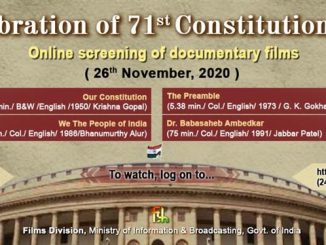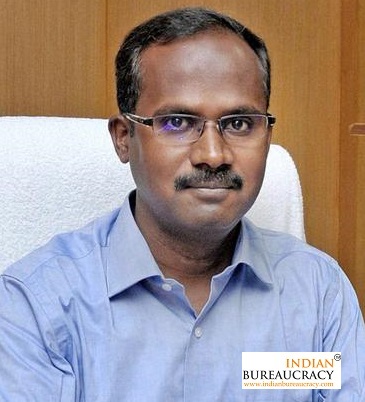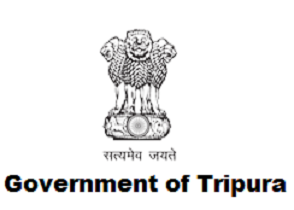
In a significant recognition of India’s rich cultural heritage, UNESCO has designated Kozhikode as the ‘City of Literature’ and Gwalior as the ‘City of Music’ in its prestigious Creative Cities Network. This recognition highlights India’s vibrant cultural diversity and the global appeal of Kozhikode’s literary legacy and Gwalior’s commitment to preserving its musical heritage.
The UNESCO Creative Cities Network, established by UNESCO in 2004, unites cities worldwide that prioritize creativity for sustainable urban development. These cities collaborate to integrate cultural industries, such as literature, music, film, and more, into their local development strategies, fostering cultural diversity, economic growth, and job opportunities. This recognition reaffirms India’s position on the global stage, where its cultural vibrancy continues to shine. UNESCO’s acknowledgment of Kozhikode and Gwalior as hubs of literature and music adds to India’s cultural prestige, celebrating the essence of these two cities on an international platform.
Kozhikode’s standing as a “City of Literature” can be attributed to various factors. The city is home to ancient libraries and educational institutions, such as the Tali Siva Temple Library, which safeguards rare manuscripts and invaluable texts. It has been the residence and inspiration for eminent Malayalam writers, including the legendary Vaikom Muhammad Basheer, whose literary contributions are celebrated nationwide. Kozhikode is also a hub for literary festivals and cultural events that commemorate and advance the cause of literature. These events draw in writers, intellectuals, and literature enthusiasts from far and wide.
Gwalior earned the title “City of Music” from UNESCO due to its deep association with Hindustani classical music. It’s the birthplace of the influential Gwalior Gharana, a celebrated musical tradition. The city hosts renowned music festivals, such as the Tansen Music Festival, and is home to various music academies that train future musicians. UNESCO’s recognition highlights Gwalior’s role in preserving classical music heritage.







Leave a Reply
You must be logged in to post a comment.